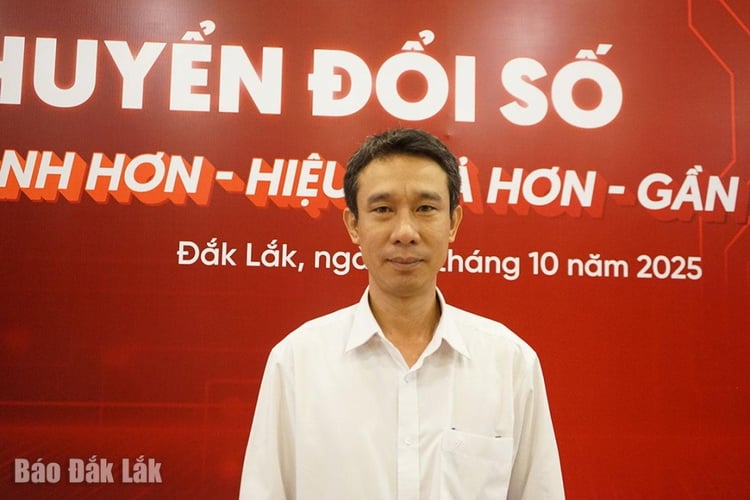
Mr. Tran Van Son, Deputy Director of Dak Lak Department of Science and Technology.
Reporters of Dak Lak Newspaper and Radio and Television talked with Mr. Tran Van Son , Deputy Director of the Department of Science and Technology, about this issue.
* Sir, what is the current status and quality of science and technology human resources in the province? What difficulties is the province facing in attracting human resources?
Resolution No. 57-NQ/TW of the Politburo established a strategic vision, considering science and technology, innovation (I&T) and digital transformation (DDT) as pillars to promote rapid and sustainable development of the country. To turn that vision into reality, high-quality human resources are the "golden key" - the decisive factor for success or failure in the development process.
Despite many efforts, it can be said that the team of science and technology staff in Dak Lak province is still lacking and weak. A preliminary survey in 102 communes and wards shows that the rate of cadres and civil servants who have been properly trained in information technology from college level or higher is only nearly 4% - a rather modest number in the context of strong digital transformation. Many science and technology tasks were previously transferred from the district level to the commune level, but many places do not have enough qualified human resources to carry them out. The Department of Science and Technology alone - the focal professional agency in this field, currently has 187 civil servants, public employees and workers; of which there is only 1 associate professor, 2 doctors, 53 masters and 98 people with university degrees.
The biggest challenge in retaining and developing science and technology talents today is that the remuneration policy is not competitive enough; there is a lack of a professional and modern working environment; there are limited career development opportunities; the connection between scientists - institutes/schools - businesses is not tight; there are still many limitations in policies to attract, use and reward local talents. Specifically, there is a lack of key research projects, investment funds for innovation, and clear promotion mechanisms; the innovation ecosystem in the province has not really formed; there is a lack of a dynamic, creative environment with modern equipment and opportunities to access new technology... All of these things make highly capable people often seek places with better development conditions.
* What specific policies does the province have to encourage and facilitate individuals and organizations to conduct science and technology activities, especially in the province's areas of strength, sir?
As a central province of the South Central Coast and Central Highlands, striving to become a driving force for high-tech agriculture, eco-tourism, renewable energy and digital economy, Dak Lak province has clearly recognized and proactively and resolutely implemented many practical solutions; in which, the focus is on developing human resources in science and technology, innovation and digital transformation, meeting the requirements of the new era.
In recent years, the province has implemented many specific policies and programs such as: Resolution No. 28/2023/NQ-HDND on regulations on the content and level of support for innovative startup ecosystem activities in the province until 2025; establishment of Startup Space, Dak Lak Business Incubator Joint Stock Company, Provincial Creative Startup Investment Fund... In addition, organizing startup competitions, business startups, seminars to support ideas, connect businesses, promote trade... to spread the spirit and create practical opportunities for startup projects.
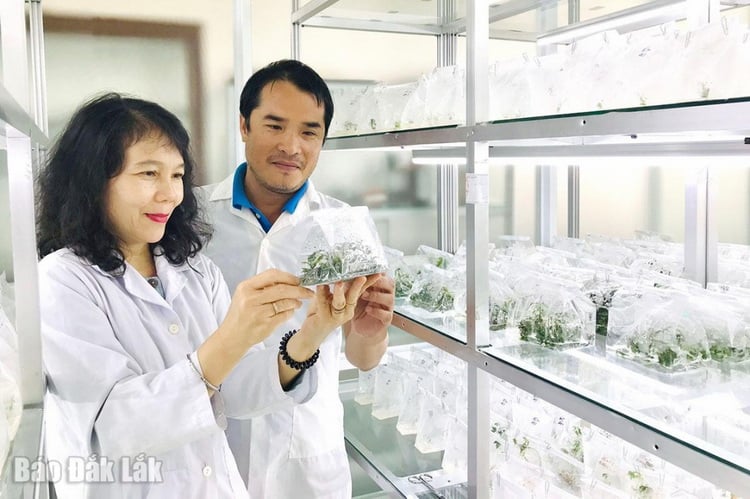
Lecturers of Phu Yen University check tissue culture of Ma Do tea plants.
In addition, there are many policies to support small and medium enterprises, such as: support for digital transformation, intellectual property, technology transfer, human resource development. Organizing training on commercialization of scientific and technological research results for cadres, lecturers, researchers, scientists, helping them understand the mechanism, investment policy, market, intellectual property and technology transfer methods. Provincial research topics are approved to promote the application of science and technology in specific products of the province; support research projects, application, technology transfer into production...
* With many policies to attract science and technology talents, innovation and digital transformation receiving special attention from all levels and sectors, how effective do you think they will be for the development of science and technology human resources in the locality?
The bold proposal of a mechanism that exceeds the salary framework, supports housing, creates modern working conditions, prioritizes resources and creative spaces... for the team of science and technology staff shows that we are truly shifting from "calling" to "specific action" in developing high-quality human resources - something that localities, especially Dak Lak province, have long been looking forward to.
With this breakthrough incentive policy, it will create a real "attraction" to attract experts, scientists, young intellectuals, and international students to return to contribute right in the locality, instead of concentrating in big cities. Policies such as housing support, research priority, investment in equipment and especially being paid appropriately for the value created will be prerequisites to open up the "brain flow" from the Central to the locality.
When good policies attract talented people, talented people will create ideas, products, and collaborative networks. From there, localities can gradually form provincial innovation centers, strong research groups, technology incubators, and science and technology enterprises - this is an important foundation to promote the development of digital economy, digital government, and digital society in a substantial and sustainable way.
I believe that if implemented synchronously, transparently and flexibly, the special preferential policy will not only be a boost for local science and technology human resources, but also a strategic lever for Dak Lak to rise strongly in the period of industrialization and deep integration.
*Thank you!
Dak Lak Newspaper
Source: https://skhcn.daklak.gov.vn/ky-vong-luc-hut-tu-chinh-sach-moi-19910.html


![[Photo] Many dykes in Bac Ninh were eroded after the circulation of storm No. 11](https://vphoto.vietnam.vn/thumb/1200x675/vietnam/resource/IMAGE/2025/10/15/1760537802647_1-7384-jpg.webp)



![[Photo] Conference of the Government Party Committee Standing Committee and the National Assembly Party Committee Standing Committee on the 10th Session, 15th National Assembly](https://vphoto.vietnam.vn/thumb/1200x675/vietnam/resource/IMAGE/2025/10/15/1760543205375_dsc-7128-jpg.webp)
![[Photo] General Secretary To Lam attends the 18th Hanoi Party Congress, term 2025-2030](https://vphoto.vietnam.vn/thumb/1200x675/vietnam/resource/IMAGE/2025/10/16/1760581023342_cover-0367-jpg.webp)
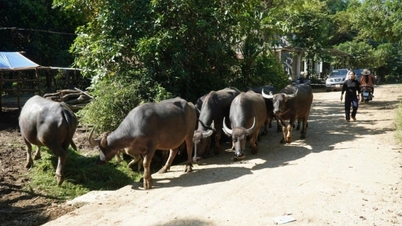



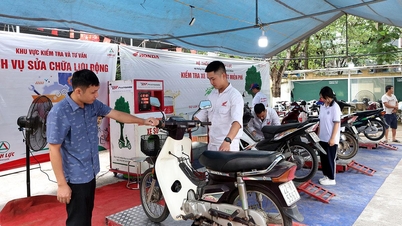

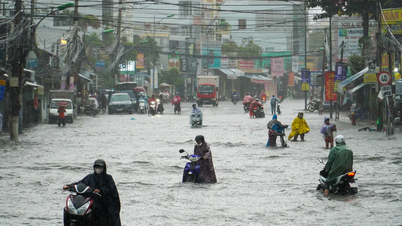
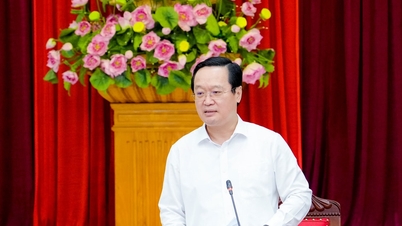

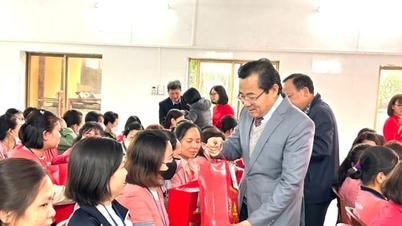





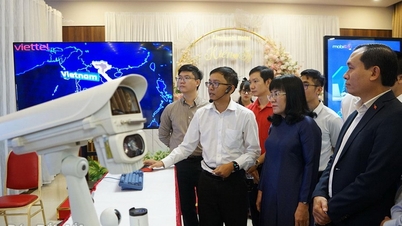
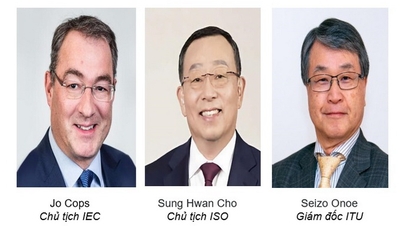
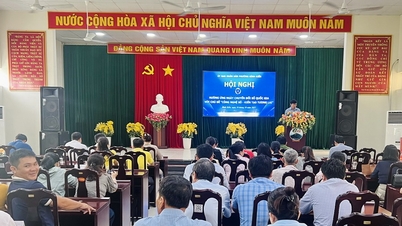
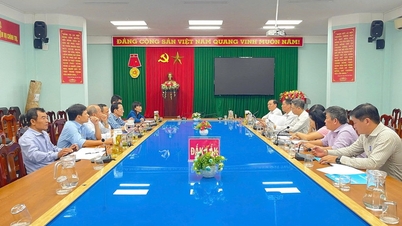



![[Video] TripAdvisor honors many famous attractions of Ninh Binh](https://vphoto.vietnam.vn/thumb/402x226/vietnam/resource/IMAGE/2025/10/16/1760574721908_vinh-danh-ninh-binh-7368-jpg.webp)





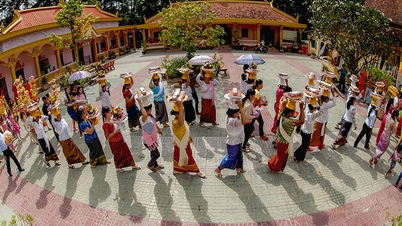

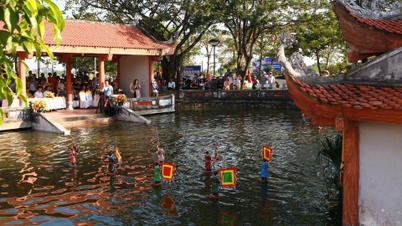





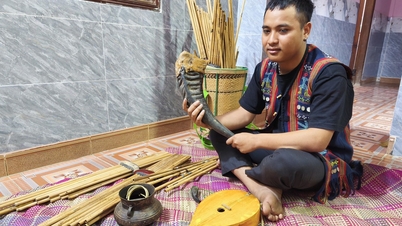
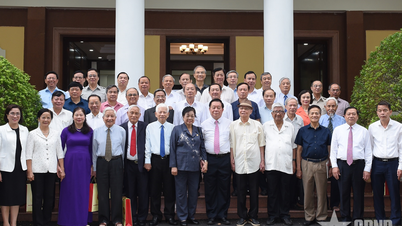






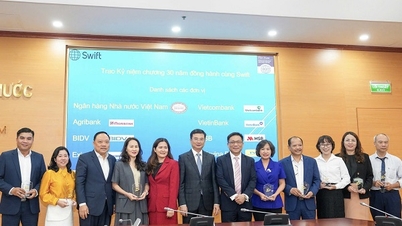
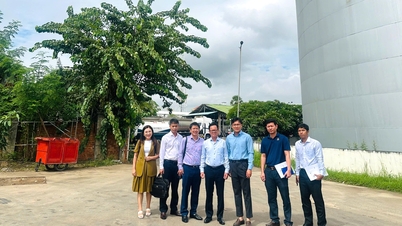
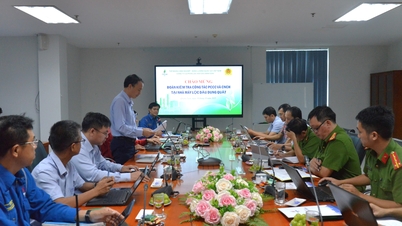






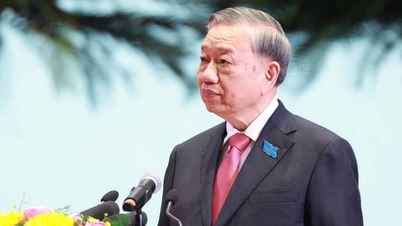

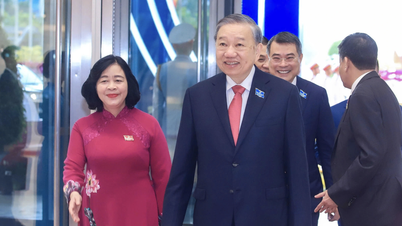
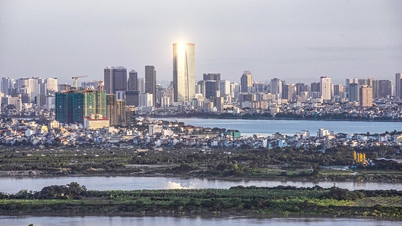
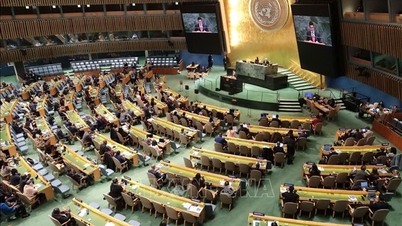

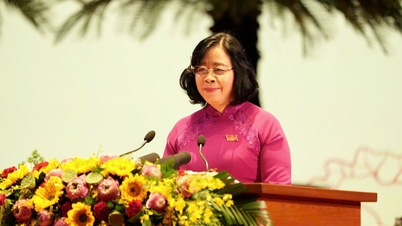



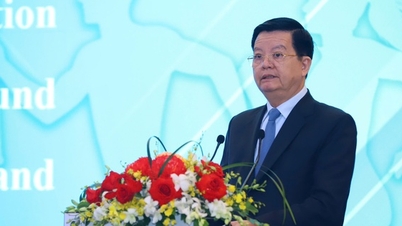
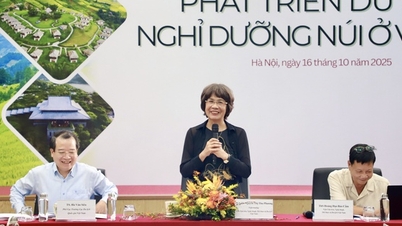
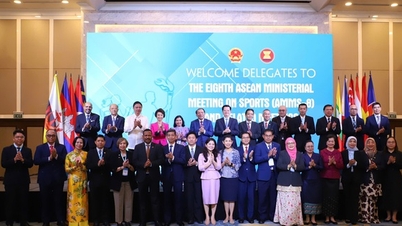

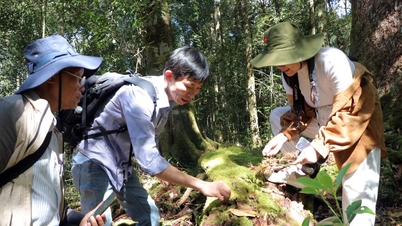

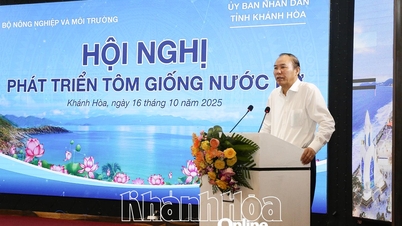


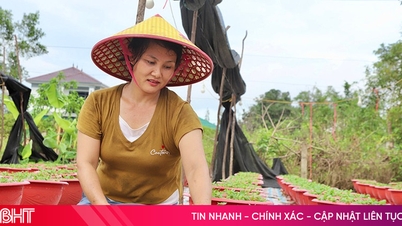

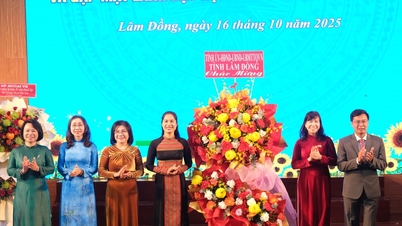













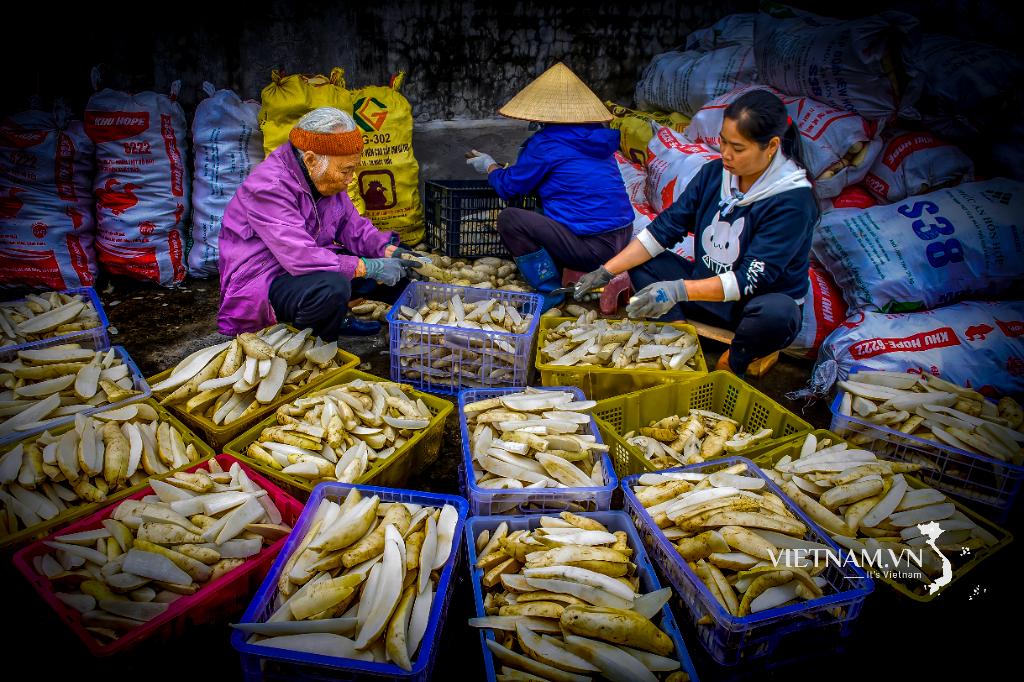


Comment (0)